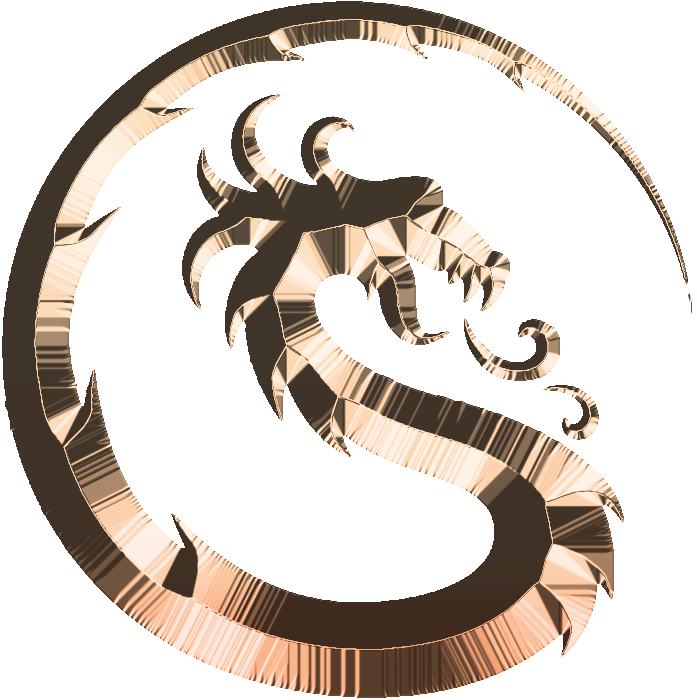As readers of this blog know, I am keenly interested in the debate about whether authors are better off self-publishing their novels or pursuing a literary agent and a traditional publishing deal. The good news for me, at least, is that the blogosphere is filled with arguments for both sides. Recently, the debate has become so intense I likened it to the Battle of Agincourt, but the question now is, which side in this debate represents the English and which side represents the French?
This past week, Jane Friedman posted an article on Writer Unboxed about the benefits of traditional publishing. Her article focuses on some of the primary concerns of many commentators on this blog, namely the higher quality (or perceived higher quality) of traditionally published novels. She concludes that some writers are simply better off with the professional assistance associated with traditional publishing.
On the other side of the battlefield, Joe Konrath, commenting on a guest post by Barry Eilser, makes another argument in favor of indie publishing. Among other things, Joe argues that both indie publishing and traditional publishing require “luck” for a book to sell, and he concludes that “legacy publishing requires a lot more luck than going solo.” He also notes that “[w]hen you throw in poor royalty rates, dwindling paper distribution, returns, and non-existent marketing budgets, it is almost astronomical that any new author ever makes money” in traditional publishing.
Now that my novel is finished, I’ll remain focused on this debate. But let me know what you think – which side is winning this battle?
 |
| Who represents the English and who represents the French? |

Anonymous
October 30, 2011 - 11:26 am ·I have to say, I don't think there's any need for it to be a battle. I think that everyone's circumstances and work are a little different. Self-publishing doesn't hold much appeal for me, but I can easily understand why another author would want to go it alone. To each his own. A lot of writers do both at different points in their career.
I do think it's important to challenge some of the assumptions about traditional publishing, though. I've published three novels with a midsize independent publisher. I often see "New York" used as shorthand for "traditional publishing", but traditional publishing doesn't begin and end with the Big 6. There are countless small and midsize presses all over the United States (Algonquin, Other Press, Greywolf, etc.) I often hear from proponents of self-publishing that the days of marketing budgets and hands-on editing are over, but this hasn't been my experience. This hasn't even been the experience of friends of mine who actually ARE published by the Big 6. (Not saying that books never fall through the cracks, just saying it's a nuanced landscape.)
I publish traditionally for three reasons: one, I'm more interested in the quality of the work than with how much money I make, and I have an excellent editor who has made each one of my novels much better; two, I want to have as much time as possible to further hone my craft and so as a matter of personal preference I'd rather not spend all of my time marketing my books; and three, I honestly believe I make more money this way than I would if I self-published. (Yes, the royalty rates are lower, but I believe I sell more books with four publicists behind me than I would on my own. I'd rather make 15% of $200,000 than 70% of $2000.)
Joseph Finley
October 30, 2011 - 2:19 pm ·Thanks for the great comment! My "battle" analogies, I suppose, stem from my focus on medieval fiction, which can be rather boring without battles. But I do find indie vs. traditional publishing to be a lively debate. I love hearing from published authors who can provide real world insight, especially on the traditional publishing side. It seems like I read more articles from indie proponents, at least on some of the blogs I frequent. So it's great to get comments from someone who has done well on the traditional publishing side.